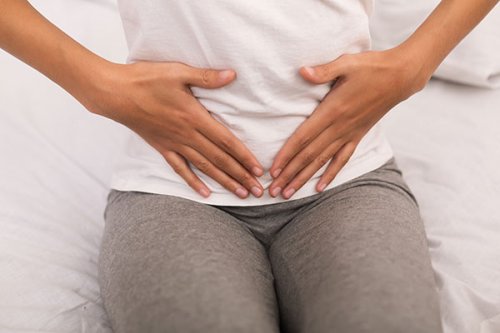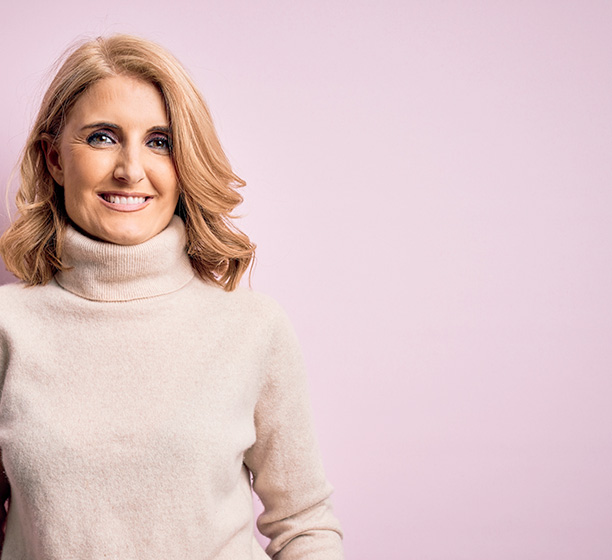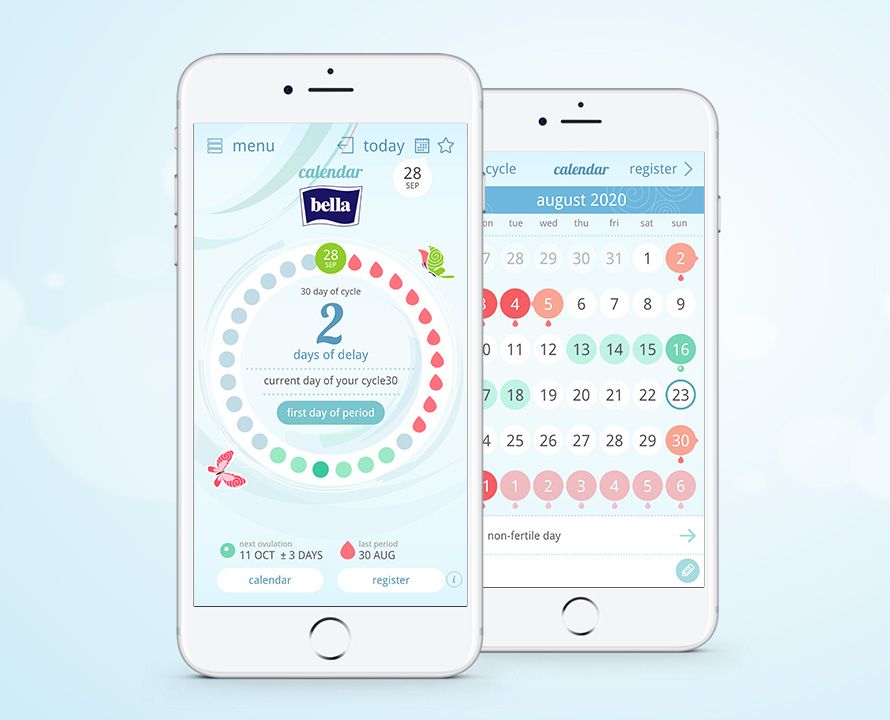 konfigurator
konfigurator
 Products
Products

5 most frequent questions relating to menstruation
1. Can your period be too short or too long?
 It is most frequently assumed that a period lasts from 3 to 5 days. Both shorter and longer periods require a medical consultation with a gynaecologist. If your periods are too short or too long, this may indicate, for example, hormonal problems; therefore, do not wait and make an appointment with a specialist.
It is most frequently assumed that a period lasts from 3 to 5 days. Both shorter and longer periods require a medical consultation with a gynaecologist. If your periods are too short or too long, this may indicate, for example, hormonal problems; therefore, do not wait and make an appointment with a specialist.
2. Does menstruation always occur every 28 days?
Your menstrual cycle can last from 21 to 35 days. Therefore, regular periods every, for example, 23 days should not be a cause for concern. You should visit your gynaecologist if your cycles have become irregular.
3. Should I avoid physical exercises during a period?
If you are physically active every day, do not give it up. Physical activity and exercises have a positive impact on your body, “those days”, they might reduce painful stomach cramps, thus improving your well-being. Especially recommended are: swimming, cycling, gymnastics (with an emphasis on stretching), marching. Only intensive workout (including strength exercises) might exacerbate bleeding.
4. Can I have sex when I am menstruating?
If you and your partner are up for it, there is no medical contraindications. However, remember that, during a period, you are more susceptible to vaginal infections, as menstrual blood is a perfect medium for bacterial growth.
5. Does every woman have painful periods?
Pain perception is very individual, which also applies to menstrual pain. What can help? In mild symptoms, you can use painkillers or spasmolytic drugs, available over the counter. You can also try light physical exercises that relax tensed muscles, or warm compresses. If you experience strong pain that makes normal life difficult, talk about it with your doctor.

Tips for teenagers
learn more
Tips
for all
of us
learn more

 Polski
Polski Angielski
Angielski Rosyjski
Rosyjski Czech Republic
Czech Republic India
India Lithuania
Lithuania Germany
Germany Romania
Romania Słowacja
Słowacja Ukraine
Ukraine Hungary
Hungary Austria
Austria Bułgaria
Bułgaria

